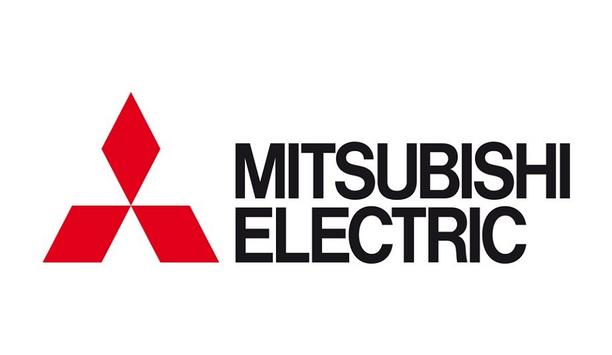NevadaNano, the globally renowned innovator in gas detection sensor technology, has announced its partnership with Emerson, to jointly develop refrigerant gas detector products, which will provide a solution to the heating, ventilation, air conditioning and refrigeration (HVACR) industry, for refrigerant leak detection.
NevadaNano - Emerson partnership
“We are proud to partner with Emerson to develop essential solutions that can help lower the impact of existing HVACR equipment on the global environment and facilitate the safe use of low GWP refrigerant gases,” said Ralph Whitten, the Chief Executive Officer (CEO) of NevadaNano.
MPS technology is a patented platform, which is programmable for a range of A1, A2L, and A3 refrigerant gases
NevadaNano’s Molecular Property Spectrometer (MPS) technology, together with Emerson’s renowned HVACR technologies experience, including flammable gas sensing products, creates a strong leadership position for gas sensing solutions. The MPS technology is a patented platform, which is programmable for a wide range of A1, A2L, and A3 refrigerant gases, such as R32, R454, and R407.
Switching to lower GWP refrigerants
“Our solution enables original equipment manufacturers to have their product line compliant with federal HFC phasedown regulations, known as the AIM act,” said John Rhodes, Group President for Digital & Connected Technologies at Emerson, adding “The mandate shifts the industry from high GWP to lower GWP refrigerants, including mildly flammable A2L refrigerants.”
NevadaNano’s MPS outperformed all other technologies in the Air Conditioning, Heating, & Refrigeration Institute (AHRI) study (Project 9014), which was published on August 13, 2021. The study incorporates 28 test requirements from UL, IEC, ASHRAE15, and the JRA regulatory agencies.
Emerson gas detector
The combined ‘lab on a chip’ allows the sensor to pass all tests, including vibration and resistance to condensing environments and poisoning chemicals. The Emerson gas detector will allow the HVACR industry to deploy smarter A2L systems.






















